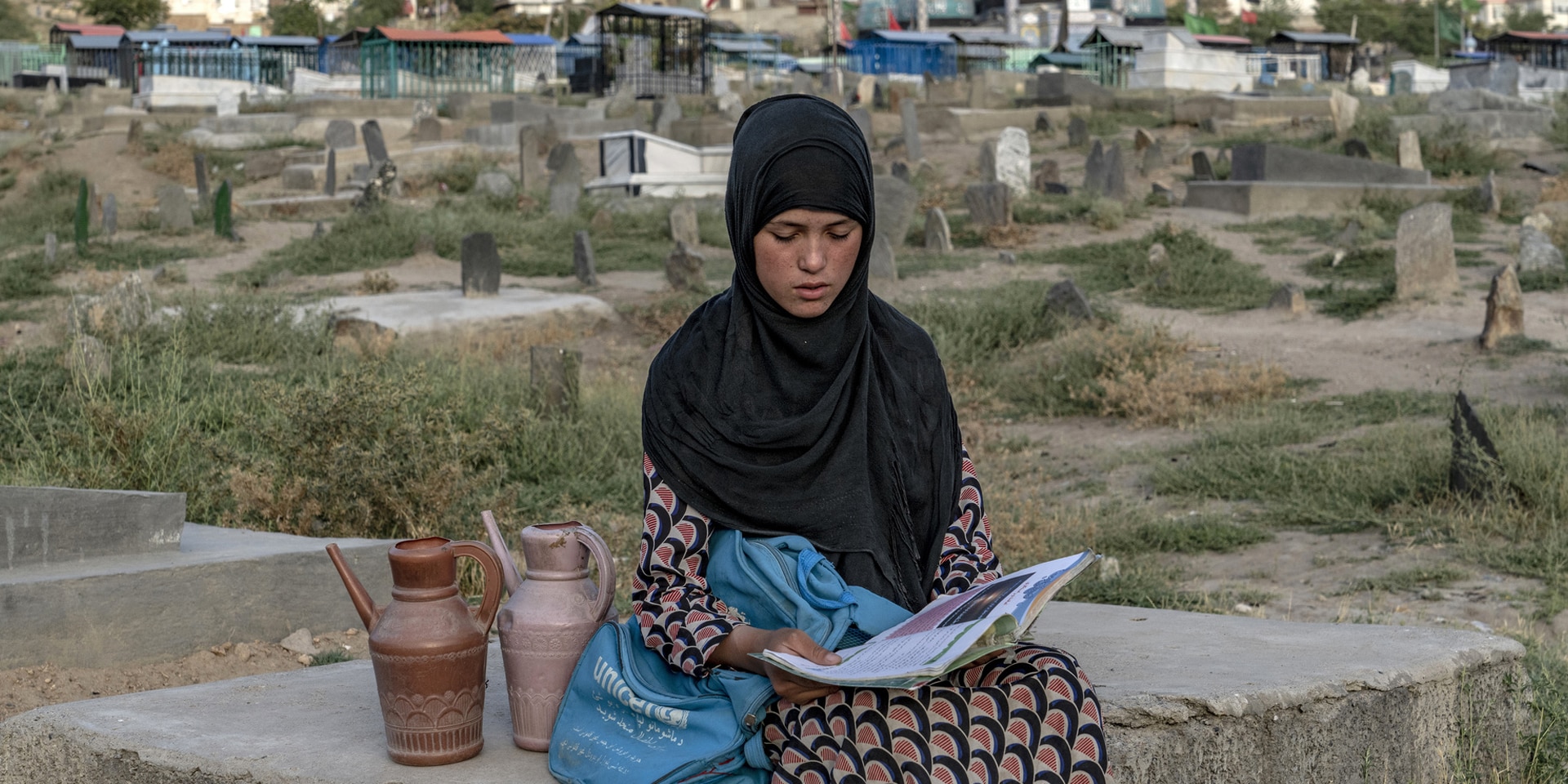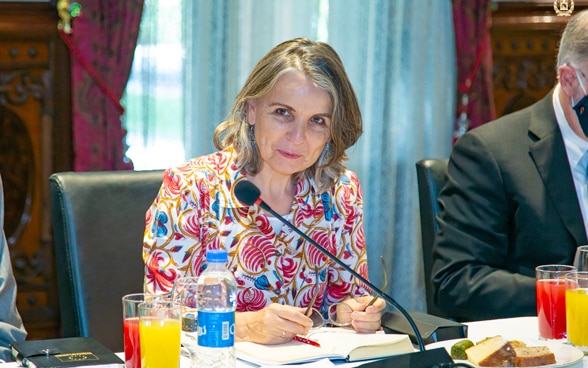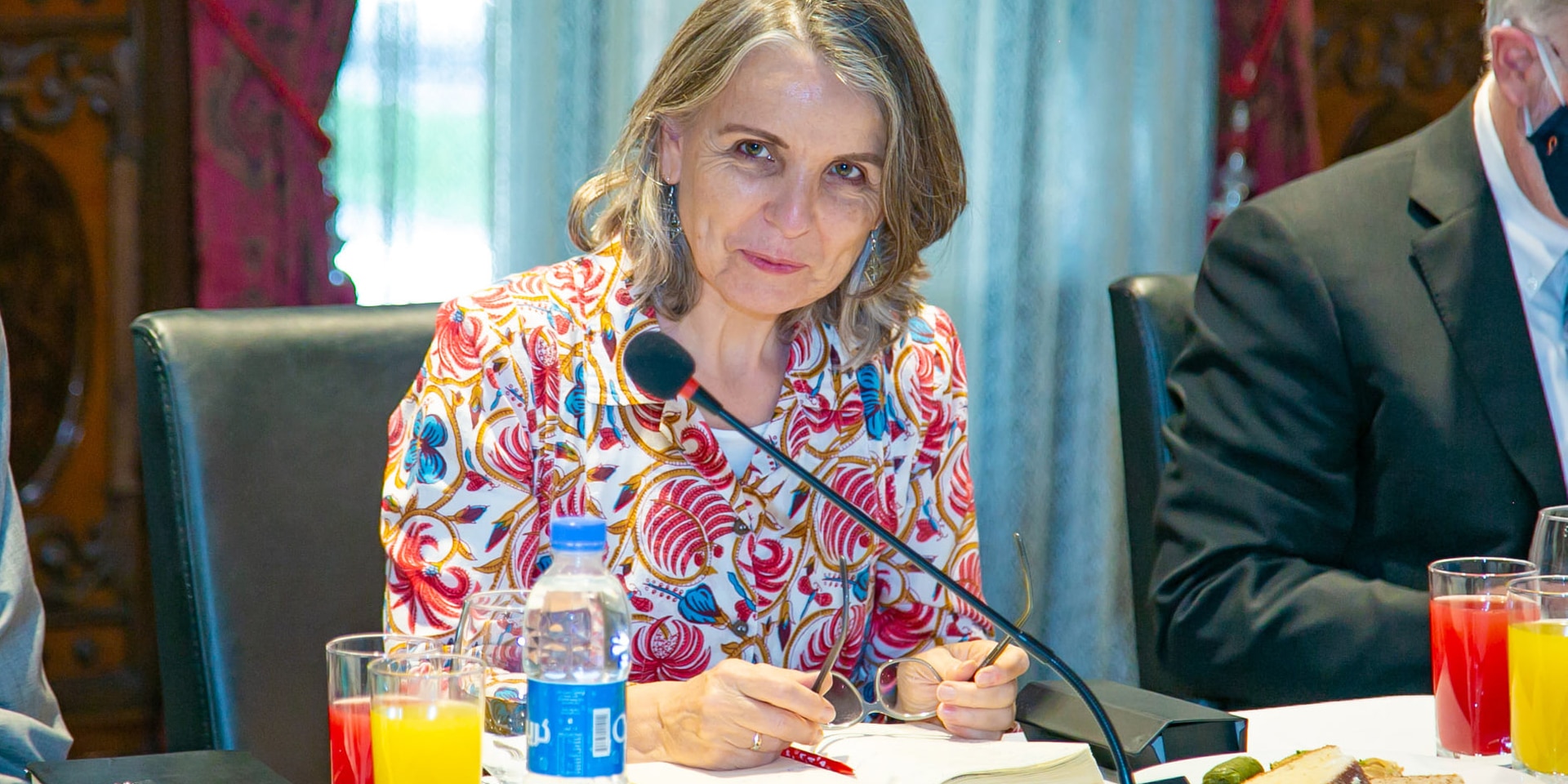What particular challenges are there in Afghanistan in terms of international cooperation, i.e. Switzerland's efforts in this area?
Until August 2021, Afghanistan was one of the countries most dependent on foreign aid, which accounted for around 75% of its state budget. This international helpline was abruptly stopped on 15 August 2021. Most of the new Taliban ministers are on international sanctions lists, so the whole country is de facto under sanction. Afghanistan's financial system has collapsed and confidence in the banking sector has been shaken. For the SDC, it means we have to be even more careful in all our financial transactions so that we do not violate any regulations on sanctions, money laundering or terrorist financing. In this regard, being able to rely on our existing local network is especially important.
How can international cooperation activities be carried out in practice?
In the first few months following the evacuation this was, of course, very hard: the situation was not only confusing but also uncertain. Exchanges with our local and regional partners could only take place online. Since the start of this year, we've been able to start making short trips to Afghanistan again. These visits are extremely important for us. First, they help us understand all the different elements of what's actually happening on the ground, what people's living conditions are like, and what the needs and possibilities are. Second, they're invaluable opportunities to meet with local and regional organisations in order to discuss and initiate projects. These networks and the control mechanisms we've been setting up mean that we can ensure our help is really getting through, even from a distance.



